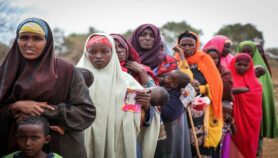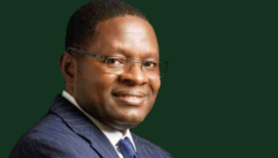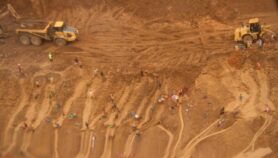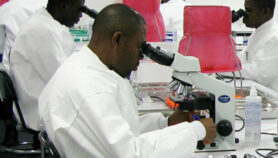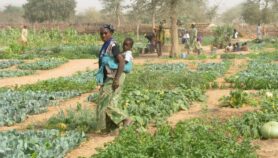By: Deodatus Balile
Send to a friend
The details you provide on this page will not be used to send unsolicited email, and will not be sold to a 3rd party. See privacy policy.
[DAR ES SALAAM] The New Partnership for Africa’s Development (NEPAD) initiative has launched its draft plan for agricultural development, which stresses the central role that science can play in boosting African economies.
The Comprehensive Africa Agricultural Development Programme, launched at a workshop in Dar es Salaam on 25 January by Tanzanian prime minister Frederick Sumaye, focuses on research, technology, information dissemination and training in the agriculture sector.
NEPAD is a comprehensive programme developed by African leaders to guide the continent’s development with the assistance of international partners.
Its new agriculture programme aims to improve Africa’s economic and social development by increasing food production and tackling hunger. The Dar es Salaam workshop was the first in a series of meetings at which the draft plan will be presented, discussed and refined during 2005.
The plan covers increasing agricultural research, adopting and disseminating technologies, training academics and professionals, and building information systems for agriculture. The sustainable management of land and water are also key considerations.
Implementing the five-year plan will require every African country to allocate ten per cent of its annual national budget to agriculture. This target was originally set in 2003, but some states are currently allotting just two per cent.
Emmy Simmons, representing the G8 group of industrialised nations at the Dar es Salaam meeting, stressed that African agriculture needed to adopt new technologies to compete better in international markets.
Things are beginning to change however, he said, with the creation of centres of research excellence and the recent opening in Nairobi, Kenya, of the Biosciences Facility for Eastern and Central Africa (see Biosciences facility for east and central Africa opens).







